Last Updated on August 3, 2021
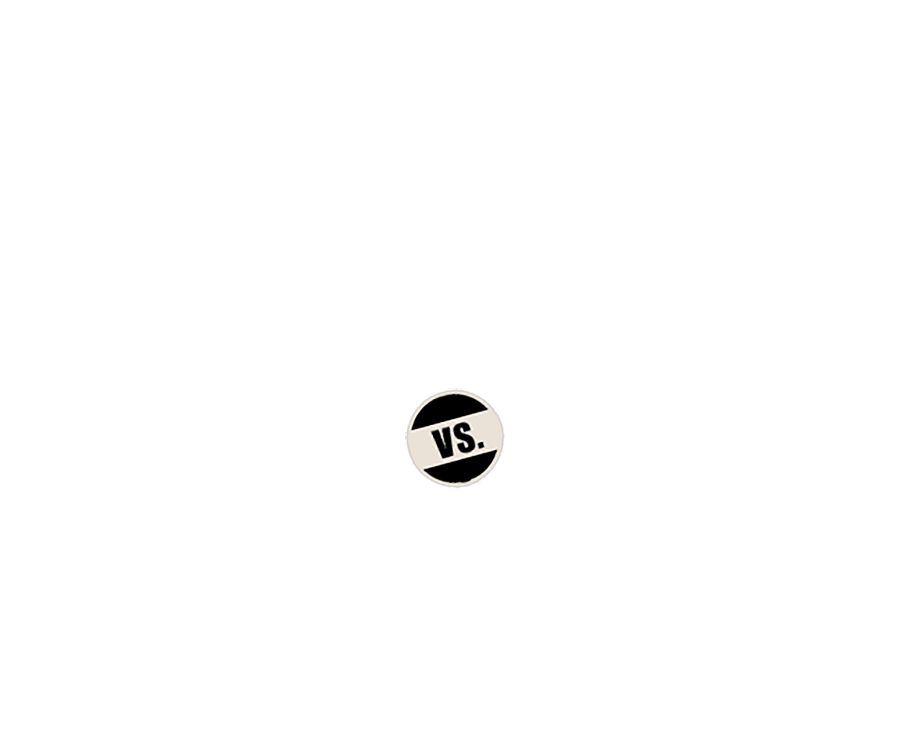
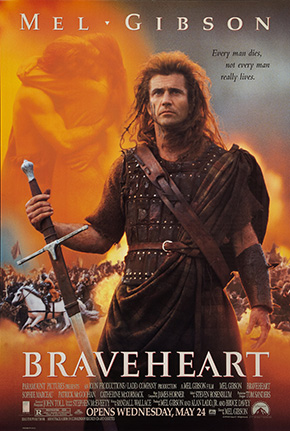
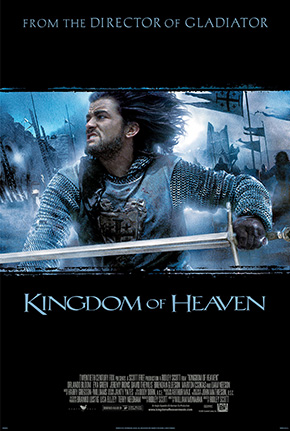
Nice to see you again, fans of the cinema! This is the Face-Off, where two movies enter and both movies leave, but one leaves in a slightly better light. Yes, here we take two competitors and compare their key elements and see who comes out the champion. It's a fierce competition that results in blood, tears, and online arguments, but the more brutal the battle, the sweeter the victory.
Last week saw a slew of new Thanksgiving movies coming out, and out of all of them, the biggest blunder was the new ROBIN HOOD movie starring Taron Egerton and Jamie Foxx. After being crushed by critics and audiences, the movie has now been thrown onto the pile of modern medieval action flicks doomed to flounder (see last year's KING ARTHUR: LEGEND OF THE SWORD). So, for this Face-Off, we will be looking at two big-screen epics that do have their fans and are championed as some of the best in the field, showing off the wide spectrum of the genre. It's BRAVEHEART vs. KINGDOM OF HEAVEN (the Director's Cut).
BRAVEHEART is a classic of the genre, many touting it as the best (many as the most overrated) in the field. A box office hit, the movie earned five Oscars including Best Picture and Best Director for Mel Gibson and remains famous for countless lines and moments — staying alive every second someone shouts the word "Freedom!" into the air. KINGDOM OF HEAVEN, coming out almost exactly ten years later in May 2005, was panned in the theatrical release after director Ridley Scott had to water it down and cut off nearly an hour, all to try and market it as an epic-action-romance — which this movie is not. Later that year he got to restore it for the Director's Cut, a monumental improvement over the original, with many considering it one of the best Director's Cuts ever. Adding back that near hour did wonders for the movie, adding enough to make viewers see what Scott was going for with a meditative, thrilling, epic with smarts to back its production values. Had this been the version to hit theaters it may not have made more money, but it quite possibly could've garnered Scott some deserved awards attention.
Which is one that does the most service to the historical epic genre? Grab your sword and shield and charge into battle and find out!
**Normally we do a section called "Awards, Praise & Money," but given how we are comparing a version of a movie that never entered theaters, it doesn't have a box office total or critical score to fairly compare to. Therefore, we have severed the section from this bout.**
Mel Gibson as William Wallace
Angus Macfayden as Robert the Bruce
Sophie Marceau as Princess Isabella
Patrick McGoohan as King Edward "Longshanks"
Brendan Gleeson as Hamish
Catherine McCormack as Murron
Brain Cox as Argyle Wallace
Peter Hanly as Prince Edward
David O'Hara as Stephen of Ireland
James Cosmo as Campbell
Orlando Bloom as Balian
Eva Green as Sibylla
Jeremy Irons as Tiberias
David Thewlis as The Hospitaller
Brendan Gleeson as Reynald
Marton Csokas as Guy de Lusignan
Edward Norton as King Baldwin
Michael Sheen as Priest
Ghassan Massoud as Saladin
Alexander Siddig as Imad ad-Din al-Isfahani
and Liam Neeson as Baron Godfrey of Ibelin
Mel Gibson is a director with a strong, confident voice and personality, and if anyone should be directing a thrilling, violent, passionate epic that openly wears everything that it is like a kilt in the wind, it’s him. His finger prints are all over it, and while naysayers can sit here and criticize him taking liberties with the source material (every biopic and historical drama ever made does this), Gibson deserves credit for crafting such an excellent, endlessly exciting epic. It’s dirty, violent and filled with cruel, weak men but with just enough passion to be inspiring – which is precisely Gibson’s forte. He’s not exactly subtle or always thoughtful, but he gives the movie a wild-eyed energy that keeps the three-hour flick moving like a horse charging into battle, which has ensured the movie remains as rewatchable as ever two decades later.
Only Ridey Scott could have made a movie like KINGDOM OF HEAVEN. Now, I’m not just talking about the riding-into-battle action, gushing blood and use of impressive visuals and production design (more on that later). What I mean is that KOH is a fantastically staged epic that is equal parts ballsy and intelligent. Even in 2005 it was completely mad to think about making a movie as long and bold in ideas as KOH – with not all that much action peppered in. Through his Director’s Cut we got to the see the movie he intended to go into theaters – a three-hour plus movie with an overture, intermission and entr’acte – much like the epics of a bygone era like THE TEN COMMANDMENTS, BEN-HUR and LAWRENCE OF ARABIA. Scott lives up to those titles by meshing amazing production values with rich characters with flaws, motives and ideals that clash, contributing to the themes of religious conflict and moral duty. In that sense it is a true Biblical epic in spirit, and Scott does a masterful job of juggling everything to create a poignant and awe-inspiring film.
Taking many historical liberties, the story revolves around William Wallace, a Scottish man who wants to live a life of peace with his new lady love, which he is set to do until the ruling, tyrannical English take away his love. Driven by rage, he sets out to free Scotland from English rule, killing everyone faithful to the crown, having to deal with weak men who should be his allies. On that note, BRAVEHEART plays like an action-epic more than it's competitor, which takes from the 50’s/60’s epics — and that is fine — because if you’re going to go that route you may as well do it with the kind of gusto this movie does. The script from Randall Wallace (no relation, I don’t think?) paints William like a strong, noble, nigh-flawless man who is enacting swift justice against horrid foes. Along the way there’s levity from the supporting cast, a devilishly written (and performed) Edward Longshanks and plenty of memorable one-liners and a legendary speech at Stirling. This all is more than enough padding for the rather surface-level storytelling and characterizations, giving Gibson plenty of room to fill it out with sweeping action and production values that capture the filthy essence of the era.
While William Monaghan’s script is lacking on the inspiring speeches (Bloom does get a good one, in the end) that talk about men who can shoot lighting from their arse, his makes up for it with a compelling story about faith and morality involving two warring factions during the Crusades (Christians and Muslims), releasing at a time when tensions between the two groups couldn’t be higher. The script paints full portraits of the characters, each of whom have their roles to play in this grand tale. There’s Guy Lusignan as the Templar extremist, pushing boundaries against the Muslims; there’s Saladin, bent on reclaiming the Holy Land and; in the middle is Balian, a man who no longer believes in religion after losing his wife and son, seeking to fight for the people of Jerusalem because it’s the morally just thing to do. Monaghan picks (and embelishes) little moments from history to drive these characterizations home, like Balian’s surrender of the city to Saladin, saying he would rather burn every religious monument – dear to both sides – than see the city sacked in the name of religious conquest. Saladin compromises, offering the safety of everyone if he surrenders the city. When asked by Balian why it means so much, Saladin replies, “Nothing. Everything.” KOH’s script may not have that spark of madness and ferocity as BRAVEHEART’s, but it lines its romance, drama and action with intelligence and depth lacking in modern epics.
Before BRAVEHEART Gibson had made his claim as a leading man with the MAD MAX and LETHAL WEAPON movies (at this point 1-3), with a smattering of some less popular movies like AIR AMERICA and FOREVER YOUNG smattered in there. With his big epic he could finally show his range not just as a director but as an actor. While he proved he could shoot a gun and be charming as hell, the role of William Wallace allowed him to command the screen in the most powerful way. Accent aside, he captures the firey spirit and rage of Wallace, unleashing his inner madman on the battlefield. Okay, it's not quite Hamlet (which he did in 1990), but if anything about BRAVEHEART helps it stand the test of time it's his work both in front of and behind the camera. He's kinda crazy, that man, and this movie lets him unleash the best of that crazy.
Orlando Bloom is not exactly the toast of the acting world. He's not bad, it's just that studios saw his Errol Flynn, swashbuckler look and took it too far too often, and he got pigeonholed into some less-than-challenging roles. In KOH he gets to be the best of that type as the quiet, just Balian. What Scott and the casting department knew is if he was going to play that kind of character in one movie, let it be this one, as the straight moral compass of him is what sets him apart from the falacies of the other characters. On that note all I can say is that Bloom was, for once, properly utilized, and he shows some range and personality as the movie goes on, and it stands, and don't @ me, as his best work to date.
Bits:
Hanging Bodies
Returning Home
Riding with Murron
The Wedding
Murron's Death
Wallace's Revenge
Attacking the British Fort
Longshanks and Edward
On the War Path
Stephen of Ireland
Wallace's Speech
Battle of Stirling
Sacking York
Phillip Goes Flying
Battle/Betrayl at Falkirk
Wallace's Revenge
Wallace Captured
Torture
FREEDOM!!!
The Fight Rages On
Lines:
William: "FREEDOM!!!"
William: "Every man dies; not every man really lives."
William: "Aye, fight and you may die. Run, and you'll live… at least a while. And dying in your beds, many years from now, would you be willin' to trade ALL the days, from this day to that, for one chance, just one chance, to come back here and tell our enemies that they may take our lives, but they'll never take… OUR FREEDOM!
Longshanks: "Archers."
Commander: "I beg pardon, sire. Won't we hit our own troops?"
Longshanks: "Yes… but we'll hit theirs as well. We have reserves. Attack."
Longshanks: "The trouble with Scotland is that it's full of Scots."
William: "Before we let you leave, your commander must cross that field, present himself before this army, put his head between his legs, and kiss his own arse."
William: "You all right? You look a wee bit shaky."
Hamish: "Shoulda remembered the rocks."
William: "Aye, you shoulda."
Robert the Bruce: "You have bled with Wallace. Now bleed with me!"
Robert the Bruce: "I have nothing. Men fight for me because if they do not, I throw them off my land and I starve their wives and their children. Those men who bled the ground red at Falkirk, they fought for William Wallace, and he fights for something that I never had. And I took it from him, when I betrayed him. I saw it in his face on the battlefield and it's tearing me apart."
Malcolm Wallace: "I know. I know you can fight. But it's our wits that make us men."
Stephen: "The Almighty tells me he can get me out of this mess, but he's pretty sure you're fucked."
William: I love you. Always have. I wanna marry you.
William: "I'm dreaming."
Murron: "Yes, you are. And you must wake."
William: "I don't want to wake. I want to stay here with you."
Bits:
Killing Priest
Sword Lessons
Battle in the Woods
A New Knight
Shipwrecked
Sand Battle
Enter Sibylla
King Baldwin
Sibylla and Balain
Guy and Reynard Charge
Battle at Kerak
Passing of a King
Three-on-One
Vultures on the Battlefield
Balian's Speech
Day One of Assault/Bombardment
Day Two of Assault/Tearing Down the Towers
Final Day/Breaking Down the Wall
The Surrender
Balian vs. Guy
Lines:
Godfrey: "I once fought two days with an arrow through my testicle."
Godfrey: "Be without fear in the face of your enemies. Be brave and upright that God may love thee. Speak the truth always, even if it leads to your death. Safeguard the helpless and do no wrong. That is your oath. [smacks Balain] And that's so you remember it."
Hospitalier: "I put no stock in religion. By the word religion I have seen the lunacy of fanatics of every denomination be called the will of God. Holiness is in right action and courage on behalf of those who cannot defend themselves, and goodness. What God desires is here [points to head] and here [points to heart} and what you decide to do every day, you will be a good man – or not."
Balian: "God will understand, my lord. And if he doesn't, then he is not God and we need not worry."
Balian: "You go to certain death."
Hospitaller: "All death is certain. I shall tell your father what I've seen you become."
Balian of Ibelin: "What is Jerusalem worth?"
Saladin: "Nothing. Everything."
King Baldwin: "A king may move a man, a father may claim a son, but that man can also move himself, and only then does that man truly begin his own game. Remember that howsoever you are played or by whom, your soul is in your keeping alone, even though those who presume to play you be kings or men of power."
Balian: "What man is a man who does not make the world better?"
Balian: "When the Christians captured Jerusalem, they massacred every Muslim in the city walls…"
Saladin: "I am not those men. I am Salahudin."
Saladin: "Will you yield the city?"
Balian: "Before I lose it, I will burn it to the ground. Your holy places – ours. Every last thing in Jerusalem that drives men mad."
Have you ever wanted to run to the nearest farm yard, steal a horse and ride into the sunset, across rolling green hills — or even ditch the horse and just run across those endless plains bare-chested? The truth of the matter is that's what I want to do every single time I listen to the soundtrack from BRAVEHEART. James Horner's work on the score is a force of nature, it's most notable pieces utilizing the wistful sounds of the bagpipe with the power of the London Symphony Orchestra. It makes every moment feel grandiose and surging with emotion, whether it be the scenes with Wallace and Murron, or quiet, contained fear when the English are coming over the hills before the Battle of Stirling. This is the kind of score I can listen to simply on its own and still feel the weight and epicness in every track. I know it seems weird to picture me running shirtless across green hills, but trust me, it's an easier pill to swallow if you have this soundtrack playing in the background.
Harry Gregson-Williams does a great job with the KOH soundtrack, mixing Middle Eastern sounds with the kinds of sweeping scores you'd hear in GLADIATOR and LORD OF THE RINGS. It's smooth and glides between action and drama, emphasizing both in powerful ways. There are a lot of different sounds going on here, and it's an elegant and sometimes magnificent score that's befitting for the kind of epic this is — more concerened with setting and characters than spectacle. But it loses to BRAVEHEART thanks to that score's stronger, more memorable sound, and while KOH's is great it doesn't stay with you as long as the other one does.
14th century Scotland is a vast land of mud, dirt, green, rain and more mud — with everyone covered in mud and all their belongings and clothes covered in it too. It's a grimey, rough world and production designer Tom Sanders brought to life all the rich details while cinematogrpaher John Toll captured the world as it was without forgetting to showcase the small areas of beauty in the landscape. The castles are stupendous and everything was done before a time when CGI could be implemented, giving everything a welcome, old-school look. That's why revisiting the movie can be so refreshing. We don't see movies that look like this anymore too often, and if we do it's all before a big wide shot of a shitty, CGI castle and fake people walking around. As I said above, say what you will about the facts of the story, but the movie itself looks and feels as authentic as they come.
KOH is a gorgeous f**king movie. Cinematographer John Mathieson and production designer Arthur Max did a marvelous job recreating the vast landscapes of the era, from the harsh cold of France to the brutal deserts of the Middle East. Mathison switches up the styles for a whirlwind of color and tones, while Max gives rich detail to the enviornments themselves, all making for a transportative experience. The visual effects department gets props here too, meshing practical effects with CGI to create a look that is both authentic and spectacular. Scott is right there with them, giving many shots the breadth they need to showcase the work of Mathison and Max, with more than a few memorable shots across the runtime. Even in the theatrical cut this is a gorgeous movie to look at, and its a shame it wasn't recognized by the bigger awards outlets. Oh well, in the Director's Cut there's plenty more to go around, and you don't need to watch long to see this is one of the most unique-looking epics you're likely to watch.
Surely Gibson was attracted to the character of Wallace, as well as the concept of him fighting for independence against a massive enemy. But where he seems to really get his rocks off is during the action scenes, which are plentiful, brutal and gloriously staged. Each frame can somehow be more grisly than the one immeadiatley before it, which is insane to think about when there are men being impaled, having their junk sliced, limps cut off and all manner of heinousness. It's unforgiving and impossible not to be engaged in. I don't know about the historical accuracy of the whole movie, but I would bet the battle scenes are about as realistic as they get in any movie we've seen in this genre, and we should thank that to Gibson never being afraid to show violence in all its horror — something he has done in later films very, very noticeably.
As much as I enjoy the rest of the movie, the action here is actually what I found myself more disengaged with. Sure, there's nothing wrong with sword-sword combat, horses charging into battle and all that buisness, but where Scott succeeds everywhere else in spades, here seems to have the least innovation applied to it. Come the thrid act everything picks up, with the seige of Jersualem a feast for the eyes and filled with classic imagery you come to the theaters to see (flying fireballs, explosions, bloody bodies clamoring over each other, etc.). One thing this cut does best is prove why it was a dumb idea to cut it up and market the original as an action-epic, because that is clearly not the stuff Scott is mostly focused on here.
Upon rewatching the Director's Cut of KINGDOM OF HEAVEN I find myself always leaving it thinking about the rich themes, and how well this version got Scott's message across, all of it bolstered by terrific visuals and a very strong ensemble cast. It really is a tremendous movie, and we can only wonder how things would've worked out for everyone involved had this version hit theaters. Perhaps it would have been released later that year to capitalize on awards buzz, and thus it could've made more money. But no matter, we have this cut to watch, and it's amazing. But, then there's BRAVEHEART. Historical accuracy be damned, what a timeless, always exciting movie to watch this is, filled with countless thrilling moments, some terrific performances and a score that can't be beaten. While Scott's movie is smarter and more complex, BRAVEHEART expertly delivers on all the elements that make a sprawling epic great, and even if it loses to KOH in some departments it's not for lack of succeeding in its own way. KOH deserves all the praise it has gotten over the years as an unsung marvel, but BRAVEHEART will always be on another level in so many ways, on top of proving why Gibson is a brilliant, madman, genius filmmaker. Kerpla! Kerpla!


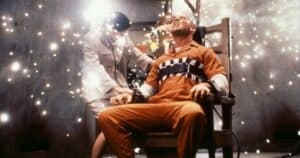
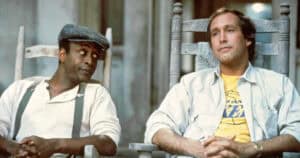
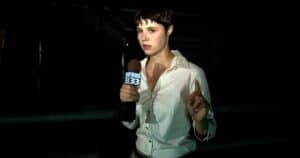
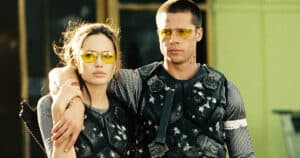
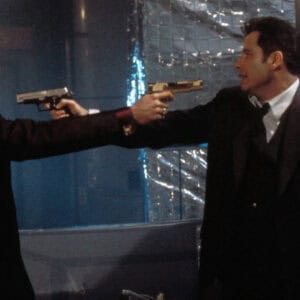
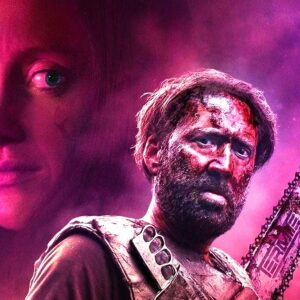
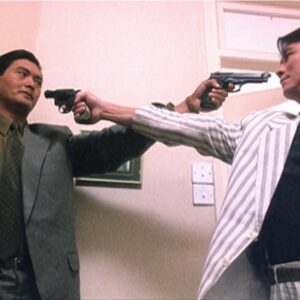
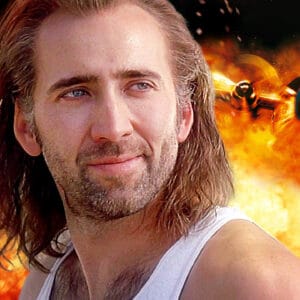
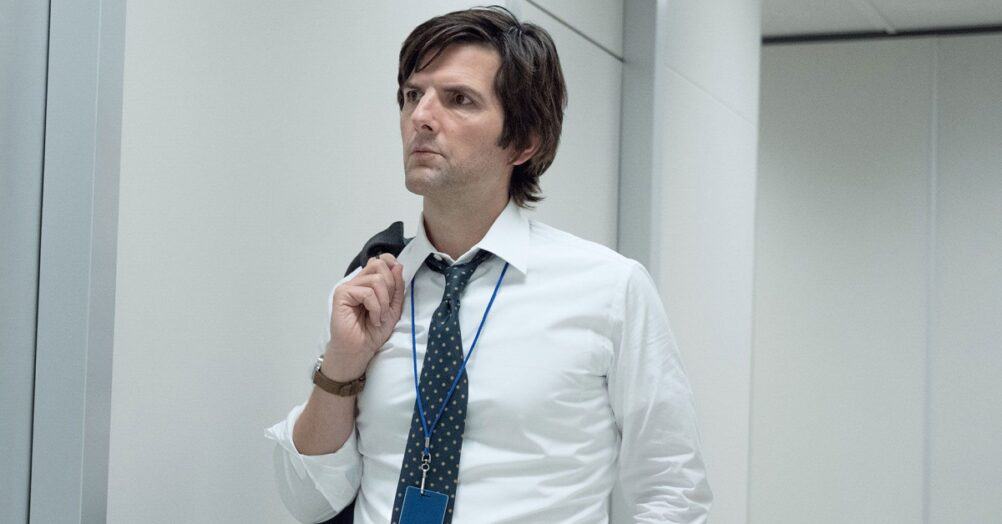
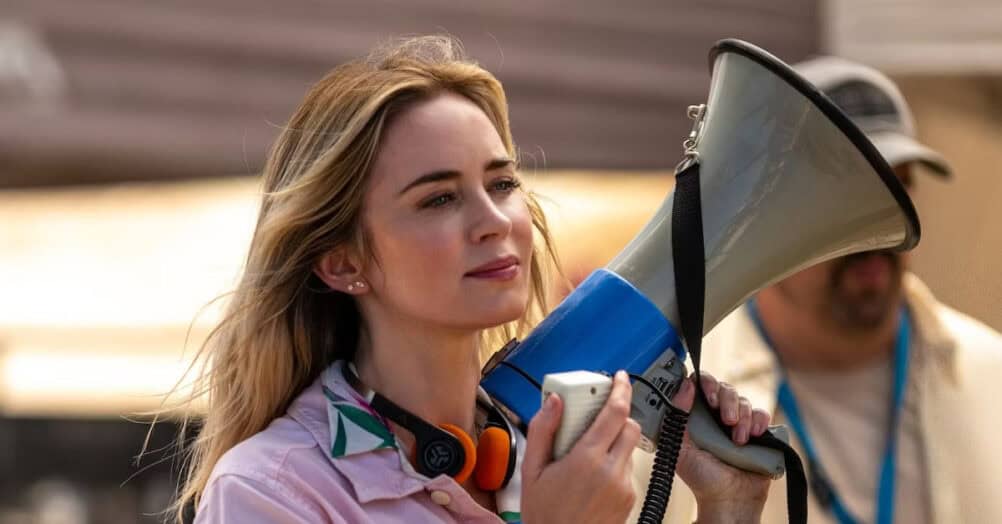
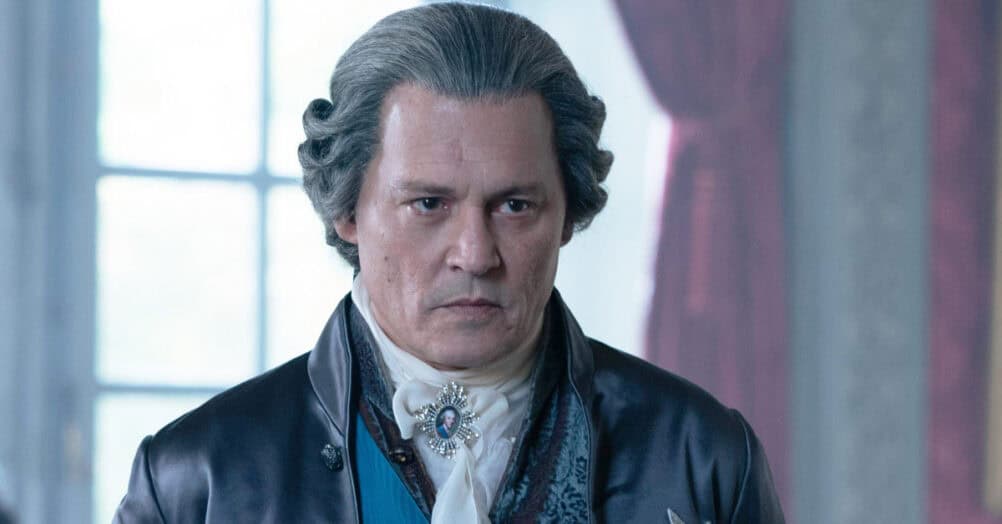
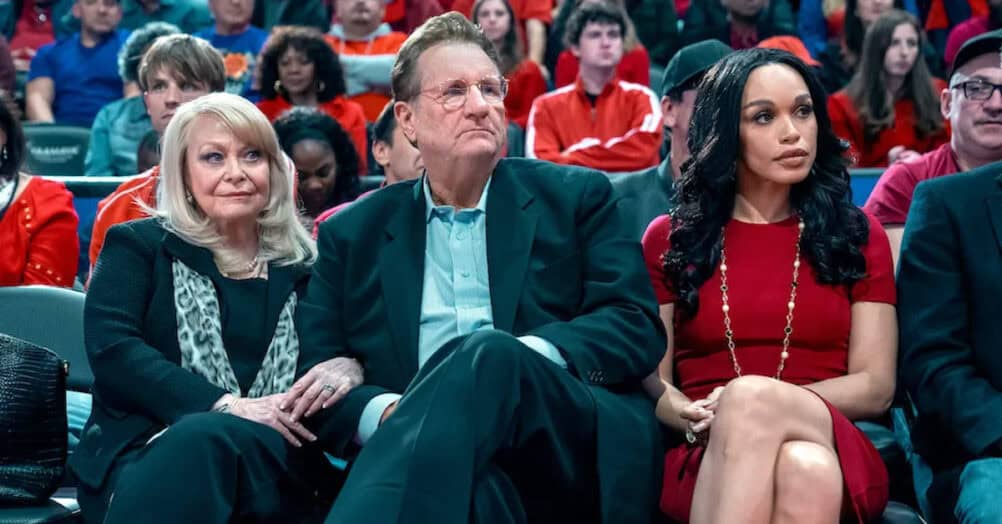
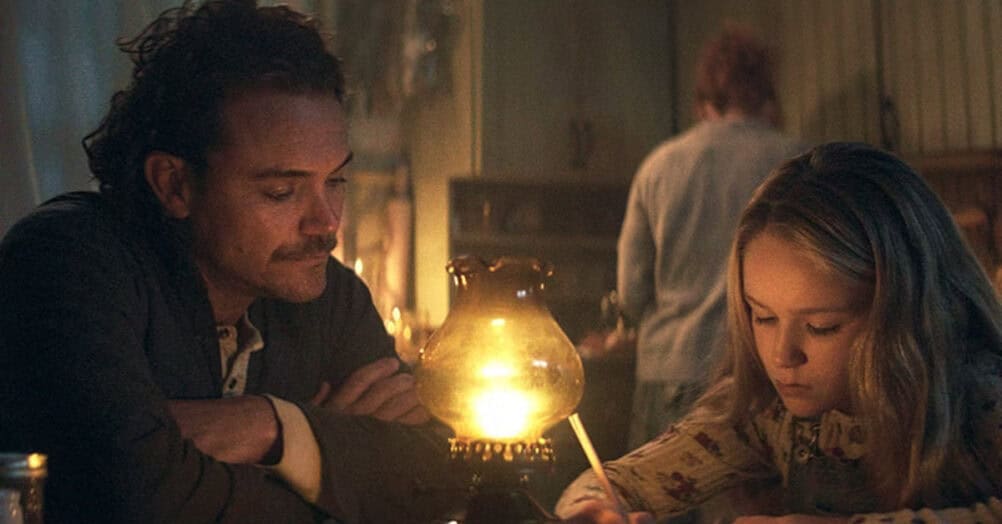
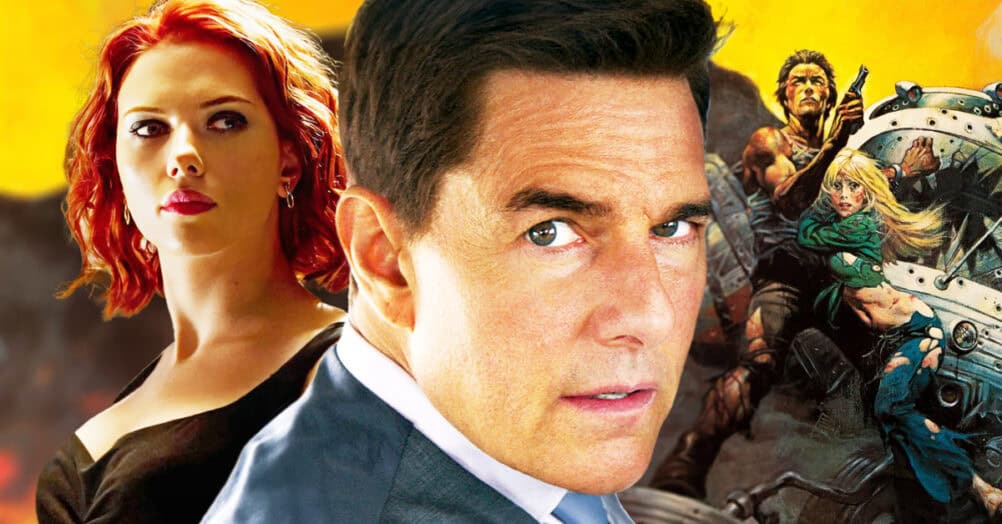
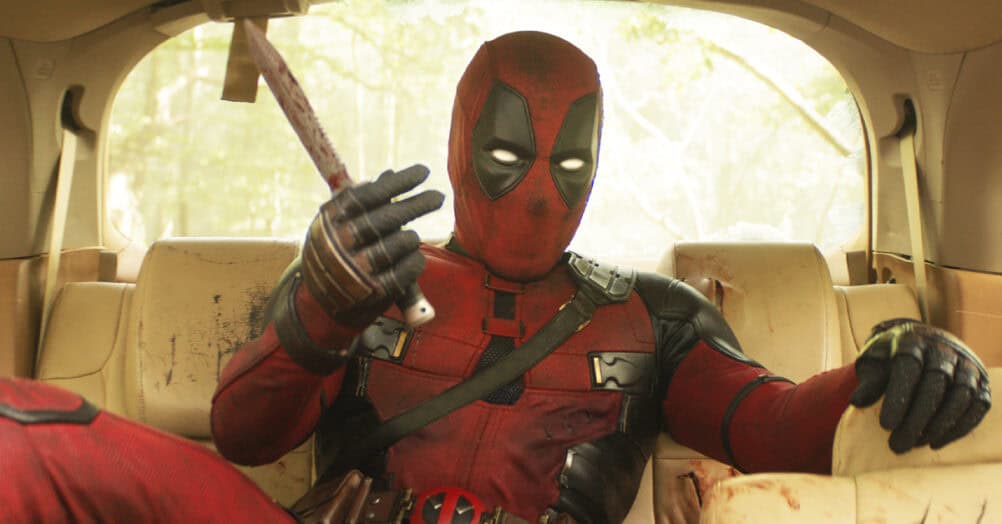

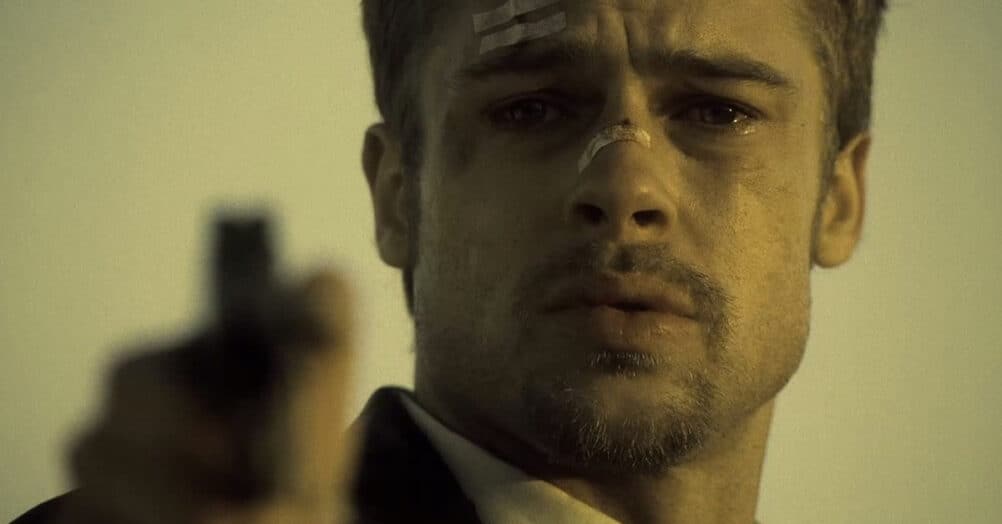
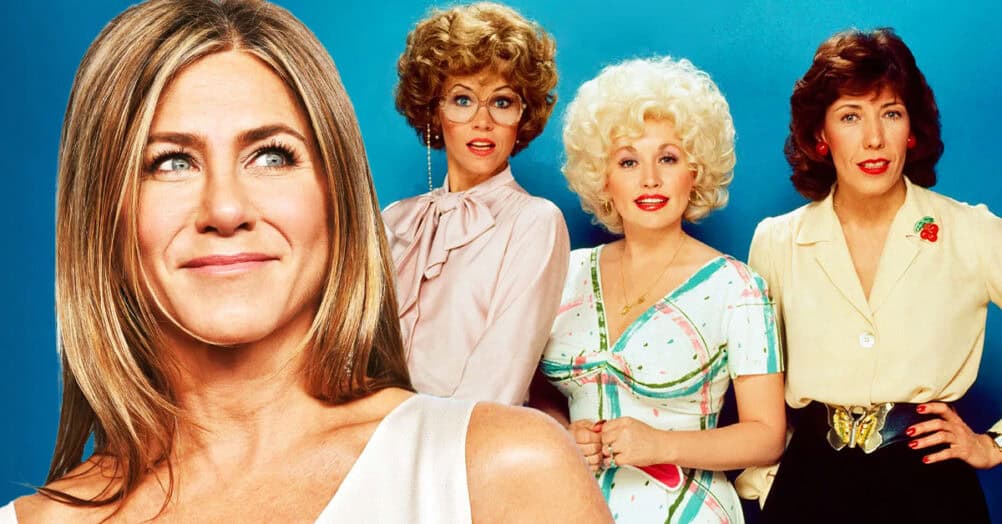
Follow the JOBLO MOVIE NETWORK
Follow us on YOUTUBE
Follow ARROW IN THE HEAD
Follow AITH on YOUTUBE